We had another wonderful training in Salavan, Laos with 71 nurses in attendance from 31 clinics. Read on for more details:
Notes from Training, Friday, March 18, 2016 by Dr. Cecilia Jevitt:
“Seventy-one nurses, primary care providers, midwives and physicians attended a full day training sponsored by CleanBirth and arranged by the Association for Community Development (ACD) on March 18, in Salavan Province. CleanBirth distributes supply kits for birth in four districts in Salavan, the most impoverished province in the Lao PDR. Dr. Boualaphet Chounthavong, the founder of ACD and Sousamai Khamphamai, of ACD, provided translation for the training. Twenty-eight health care providers were first time attendees at this annual training. The nursing leaders from Lao Nam, Taoy, Samoy and Salavan districts were present along with Mr. Soukhala Duang PhoSay, the representative from Provincial Home Affairs, who officially welcomed the CleanBirth/Yale School of Nursing team.
The health care providers took a pretest on the day’s material that was focused on the use of the CleanBirth kit. Kristyn Zalota, founder of ClearnBirth.org, reviewed correct use of the kit, distribution and monthly reporting on distribution and birth outcomes. The health care providers were polled about birth topics they were interested in discussing and these became topics for the remainder of the day. The pregnancy and birth trainings were conducted by Cecilia Jevitt, CNM, Gabrielle Gill, RN, and Madeline Spahr, RN, from the Yale School of Nursing. Demonstrations and role play were used to study prenatal supplementation advice, facilitating normal labor to prevent birth problems, determining fetal position, management of the third state of labor to prevent postpartum hemorrhage, emergency management of postpartum hemorrhage, management of a retained placenta, eclampsia identification and referral, newborn resuscitation, and breech and twin birth management. Salavan women, even those from remote villages, are encouraged to come to the clinics to give birth. The clinics are staffed by a nurse and a primary care provider. Sometimes only one is present at the clinic when a woman comes to give birth. The training concluded with a post-test.”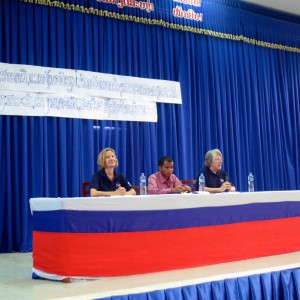
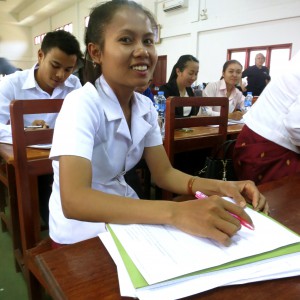
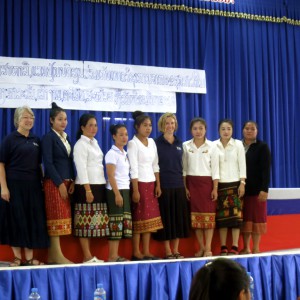
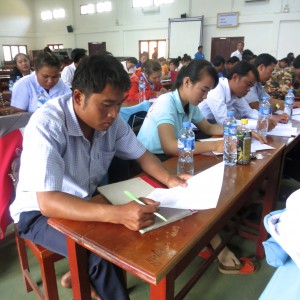
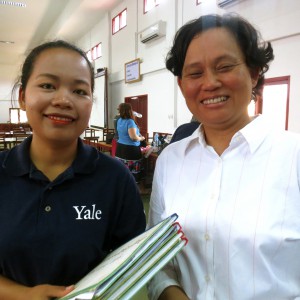
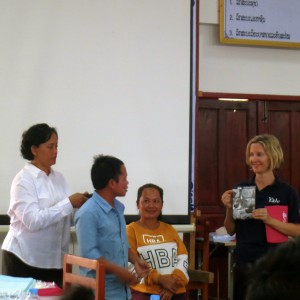
Leave a Reply